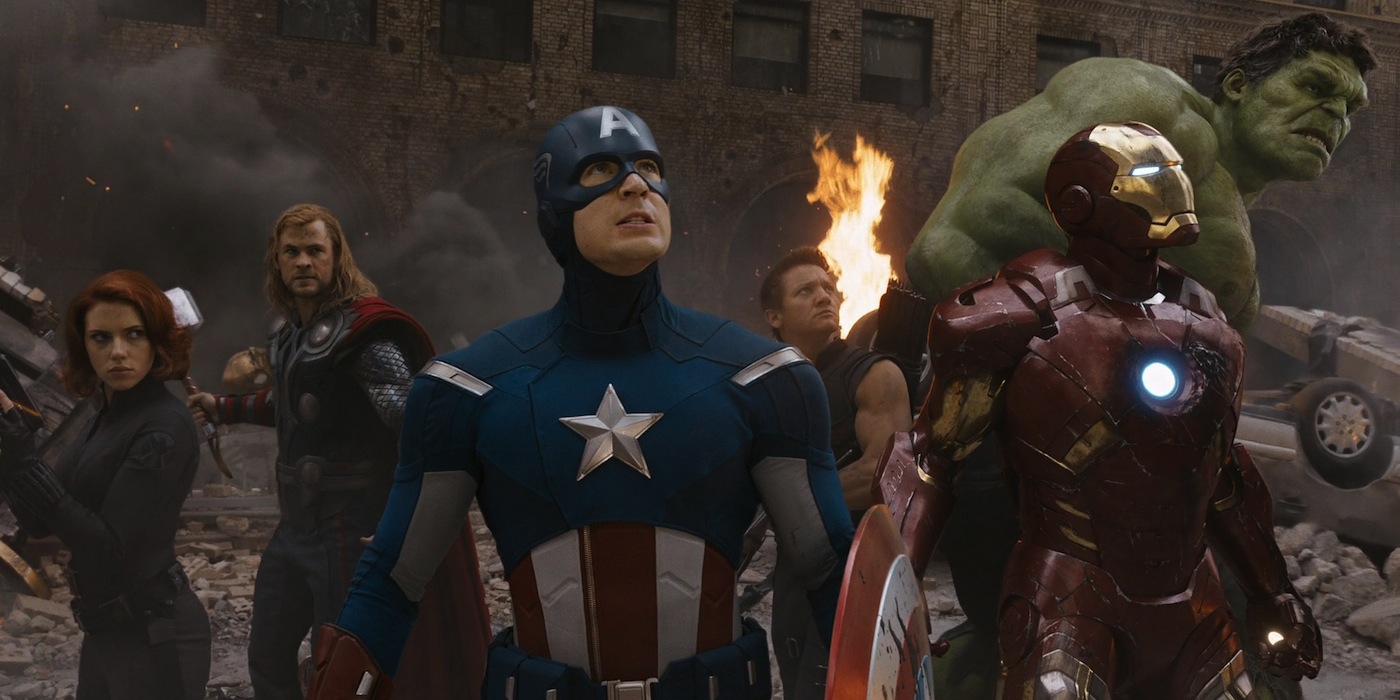With the upcoming release of The Mummy reboot, and the promise of an MCU style cinematic universe to follow, James Candler questions whether Hollywood needs to take a good hard look at itself…
The Marvel Cinematic Universe (or MCU for short) has undoubtedly changed cinema, if not forever, then certainly for the time being. When Iron Man burst onto the silver screen all the way back in 2008, it was a frenetic, light-hearted, action-packed gem of a movie that revitalised Robert Downey Jr’s career. It was fantastic, and I have fond memories of watching it, and consequently running around the playground pretending I could fly, oblivious to the abuse that was undoubtedly hurled at me by other, better-adjusted kids. However, what is perhaps most remembered about that film is that tantalising post-credits scene; a surprise cameo from Samuel L Jackson sporting an eye-patch assured us that more movies were to come, and our favourite superheroes would all come together in: The Avengers.
The first Avengers movie was undoubtedly, a triumph. It delivered on all it promised: an all –star superhero team-up, spectacular action set pieces, witty banter, and a Tom Hiddleston who was disconcertingly sexy, despite greasy lank hair. That was indeed a long time ago, and since then Marvel has churned out another nine films, with two more coming this summer alone. Obviously, all these films have been successful both critically and commercially, and the general consensus seems to be that this is all well and good. But, the cloud of superhero fatigue hangs heavy in the air, and the internet is littered with articles about Marvel’s impending demise, as audiences grow weary of seeing their costumed heroes battle CGI monstrosities.
‘The problem in fact lies in the whole premise of cinematic universes, a concept which is spreading throughout Hollywood faster than you can say ‘unoriginal’.’
The superheroes are not the problem. The problem in fact lies in the whole premise of cinematic universes, a concept which is spreading throughout Hollywood faster than you can say ‘unoriginal’.Warner Brothers has crafted its own DC Extended Universe, in an attempt to combine all the superheroes that they have the commercial rights to. This has resulted in the lacklustre Batman V Superman: Dawn of Justice (2016), and the confusing Suicide Squad (2016). Both of these films felt like massive disappointments that squandered their enormous potential. Part of the reason for this, was that they were too pre-occupied with world-building, and so came across as incoherent messes. Batman V Superman could not be the high-stakes superhero showdown we had all wanted from the age of five, because it had to set up the Justice League movie; Superman and Batman cannot have any real dramatic conflict, when we know they have to be friends in time for the next movie.
However, it is not just Warner Brothers who are guilty of this. Universal Studios will soon release its unnecessary reboot of 1999’s superlative The Mummy. The overall purpose of this is to create an MCU style cinematic universe of movie monsters, featuring the likes of Frankenstein’s Monster, Dracula, and whatever B-list character is presumably still in the public domain. This, of course, sounds terrible. Meanwhile, the last James Bond movie, Spectre (2015) attempted to create a shared universe of its own, by retroactively suggesting all the misfortune of the previous movies had been perpetrated by Christoph Waltz’s Blofeld. This led to a climax that felt nonsensical, and ultimately underwhelming. Bond couldn’t kill his arch nemesis, as Blofeld is needed for the next film. Marvel themselves are not immune to this, and the cracks are already beginning to show. If studios want to ensure the continued devotion of movie-going audiences, they must re-discover the art of self-contained storytelling, and once again make coherent movies that have real stakes, consequences, and tension.
James Candler
(Image courtesy of Marvel)

